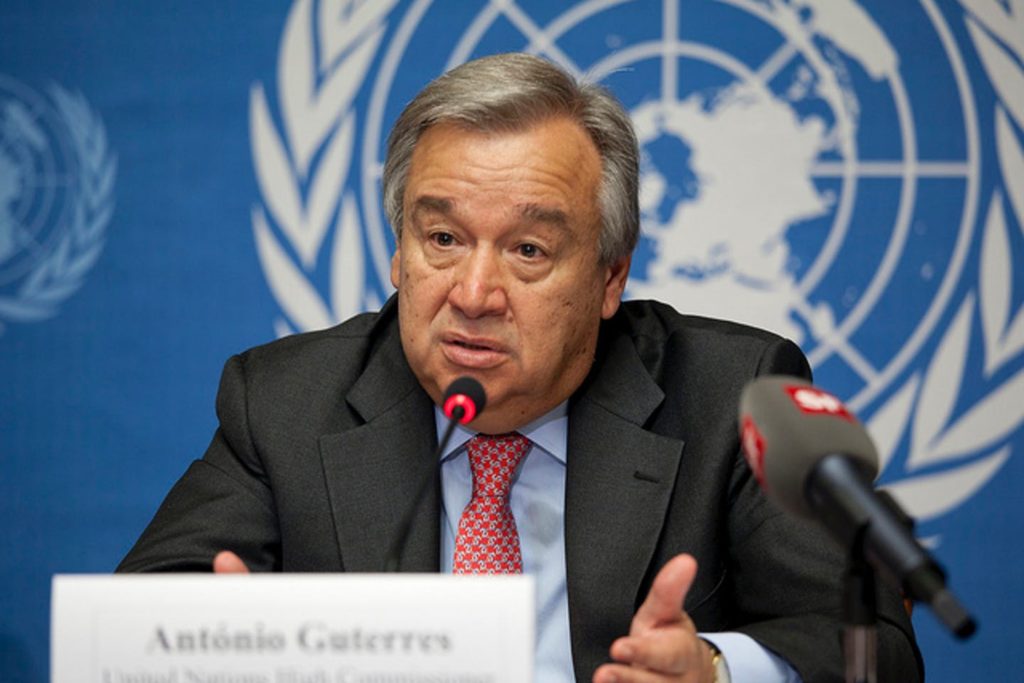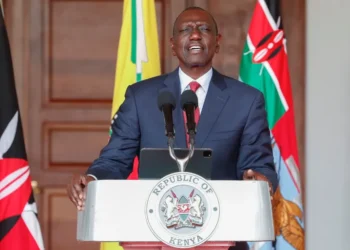The global economy is expected to make a modest rebound of 4.7 percent this year after it shrunk by 4.3 percent in 2020 due to the COVID-19 pandemic― experiencing the sharpest contraction of global output for close to a century and more than double the impact of the Global Financial crisis in 2008/2009.
According to The World Economic Situation and Prospects report by the U.N. Department of Economic and Social Affairs, developed economies shrank by 5.6 percent in 2020 with growth projected to recover to 4.0 percent, while developing countries shrank by 2.5 percent and are estimated to grow by 5.7 percent in 2021.
With deep regrets over the many lives lost, about 2 million people in 2020, the Secretary-General of the United Nations, Antonio Gueterres underscored the need for economies to invest in an inclusive and sustainable future that is more people-centered.
“We are facing the worst health and economic crisis in 90 years. As we mourn the growing death toll, we must remember that the choices we make now will determine our collective future. Let’s invest in an inclusive and sustainable future driven by smart policies, impactful investments, and a strong and effective multilateral system that places people at the heart of all socio-economic efforts.”
Antonio Gueterres, UN Secretary-General

Accordingly, the UN report calls for governments all over the world to avoid austerity, although there are growing concerns for fiscal deficits and debt sustainability.
The roll out of large stimulus packages, and falling government revenues have strained and stretched public finances. Along with increasing deficits, total public debt worldwide increased by an estimated $9.9 trillion.
Nonetheless, the rise in public debt should not in itself be a concern as long as additional debt expands productive capacity and stimulates growth, the report suggests.
The report notes that, countries with high levels of public debt―and constrained by fiscal rules― may be forced to cut back spending too quickly to balance their budgets. But, these concerns should rather encourage Governments to ensure that deficits and debt actually promote growth, the report said.
“With a benign inflation outlook, real public debt will remain high relative to real GDP. It will be politically and economically infeasible for many Governments to raise taxes during the recovery period.”
Whilst the report does not dispute the fact that Governments need to cut down on spending to reduce fiscal deficit and debt, it warns that a premature recourse to austerity will certainly weaken the speed and quality of the recovery and undermine resilience to future shocks.
“Austerity measures almost always cut back social spending on health and education and public services with far-reaching consequences for many SDGs. The global spillover effects of spending cuts—via trade, investment and official development assistance (ODA) flows—will have dire consequences for sustainable development.”
“Massive and timely fiscal responses prevented a Great Depression-like economic catastrophe worldwide,” the report said.
“It will remain critical that the G20 economies return to the trajectory of growth, not only to lift the rest of the world economies but also to make the world economy more resilient to future shocks,” the report warned.
READ ALSO: Global growth to rebound at 4% in 2021 – World Bank





















